
SEVEN TYPES OF PAIN DOCTORS SAY ARE MAJOR RED FLAGS FOR YOUR HEALTH
Pain is an inevitable part of life. However, while minor aches and discomforts are usually a normal part of day-to-day living, certain types of pain can signal serious health concerns. Doctors often refer to these pain patterns as "red flags," which serve as warning signs that your health may be at risk. It’s essential to pay attention to these warning signals, as they could be indicative of underlying medical conditions that require prompt attention. Here are seven types of pain that doctors say should never be ignored.
1. Chest Pain: A Sign of Heart Issues
One of the most critical red flags is chest pain, particularly if it's sharp or pressure-like, as it may be a sign of a heart attack. This kind of pain often radiates to the left arm, neck, or jaw and can be accompanied by shortness of breath, dizziness, or sweating. It's important to seek emergency medical care immediately if you experience this type of pain, as delaying treatment could be life-threatening.
2. Headaches: Intense and Sudden Onset
While headaches are common, a sudden, severe headache that comes on quickly and intensely can be a cause for concern. Migraines and tension headaches, although painful, are typically manageable. However, a headache that feels different than any you've had before, particularly if it’s accompanied by blurred vision, nausea, vomiting, or confusion, could indicate a more serious condition such as a brain aneurysm or stroke. Immediate medical attention is crucial.
3. Back Pain: Not All Back Pain is Harmless
Most people will experience back pain at some point in their lives, often due to muscle strain or poor posture. However, if your back pain is accompanied by numbness or tingling in the legs, weakness, or loss of bladder control, it may indicate nerve compression, a herniated disc, or even an infection. These conditions require urgent medical intervention to prevent permanent damage.
4. Abdominal Pain: Unexplained and Intense
Abdominal pain that’s sudden, severe, or accompanied by symptoms like fever, vomiting, or changes in bowel movements could be a sign of a more serious condition. Appendicitis, gallstones, or even pancreatitis can present with sharp abdominal pain. If you experience these symptoms, seeking medical care is essential, as many abdominal emergencies require surgery or other forms of treatment.
5. Leg Pain: Could Be a Blood Clot
While leg pain may sometimes be due to overexertion or muscle strain, persistent pain in one leg, especially if it’s accompanied by swelling, redness, or warmth, could indicate a blood clot, also known as deep vein thrombosis (DVT). A clot in the leg can travel to the lungs, causing a pulmonary embolism, which can be fatal. If you notice these symptoms, it’s essential to get medical attention immediately.
6. Painful Joints: Could Be Arthritis or Inflammation
Joint pain is common, especially as we age, but it can also be a sign of conditions like arthritis, lupus, or an infection. If joint pain is persistent, swollen, or associated with redness or warmth, it may signal that something more serious is happening inside the body. Early intervention can help manage symptoms and slow the progression of many inflammatory diseases.
7. Pelvic Pain: Reproductive Health Concerns
Pelvic pain, particularly in women, should never be ignored. If you're experiencing pain in the lower abdomen that doesn't subside or is linked to abnormal bleeding or discomfort during intercourse, it may indicate conditions such as ovarian cysts, endometriosis, or even fibroids. In some cases, pelvic pain could also point to infections or more severe conditions, including cancer. Early diagnosis and treatment are vital to avoiding complications.
Conclusion
Pain is your body’s way of telling you something isn’t quite right. While many types of pain are minor and can be treated with rest or over-the-counter medications, others may signal a serious health problem. Chest pain, severe headaches, back pain with neurological symptoms, abdominal discomfort, leg pain with swelling, persistent joint pain, and pelvic pain should all be considered red flags that require medical attention. Ignoring these symptoms can lead to worsening conditions or even life-threatening situations. Always listen to your body and consult a healthcare professional if you experience any of these types of pain, as early intervention can often make all the difference in your overall health and well-being.
News in the same category

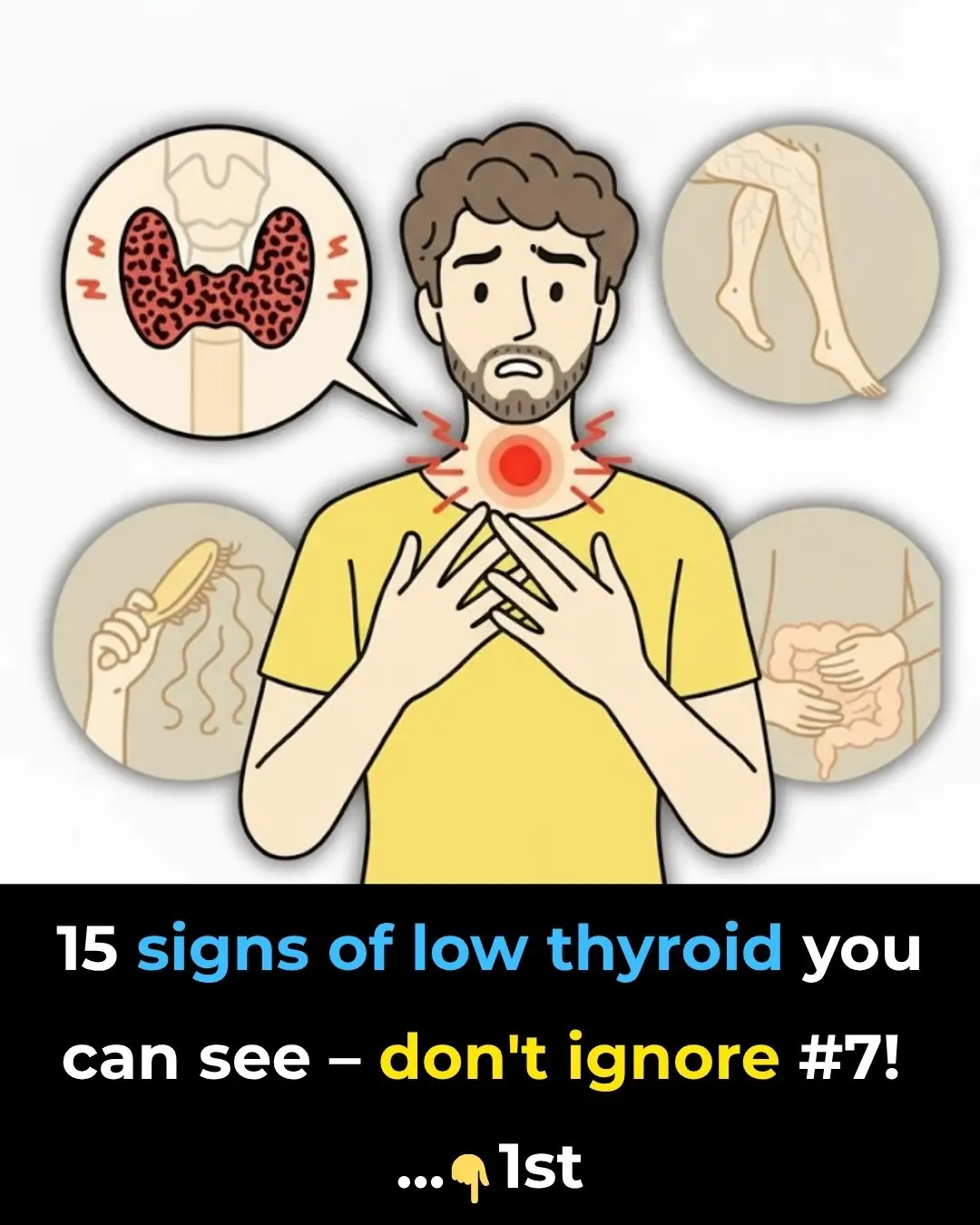
15 visible signs of low thyroid you can see – don’t ignore #7!

The 30-second ear shake trick: try it and see shocking results

8 Foods To Avoid With Enlarged Prostate

For those who sleep without socks, you should see this...

Drink This Homemade Syrup To Help Loosen Up Chest Phlegm and Expel It Out of Your Body

The Real Reason To Drink Lemon Water Revealed

Doctor Reveals One Personal Item You Shouldn’t Risk Sharing

Vitamin B12 Deficiency Can Wreck Your Health Here’s How to Spot It EARLY
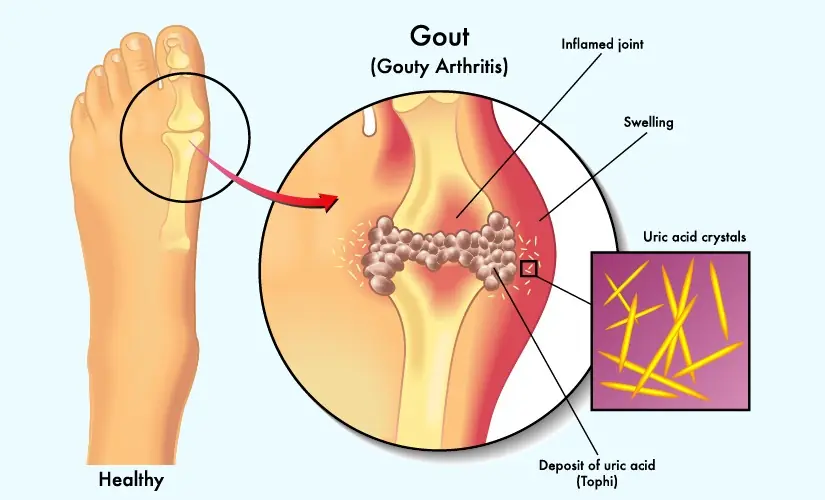
THE NATURAL SECRET DOCTORS NEVER TELL YOU THAT MELTS AWAY URIC ACID

Your Body Will Change In Unexpected Ways When You Eat 2 Eggs Daily
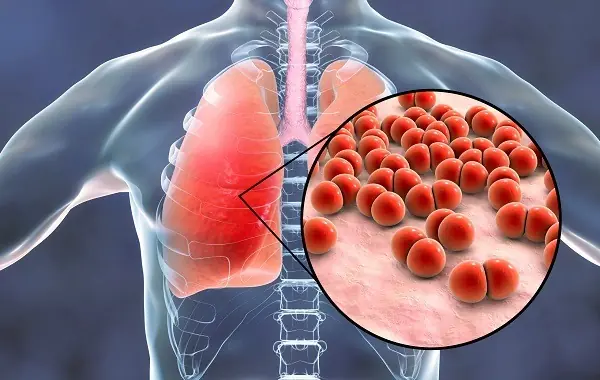
Lung Disease Starts Silently – Spot These Early Signs Before It’s Too Late
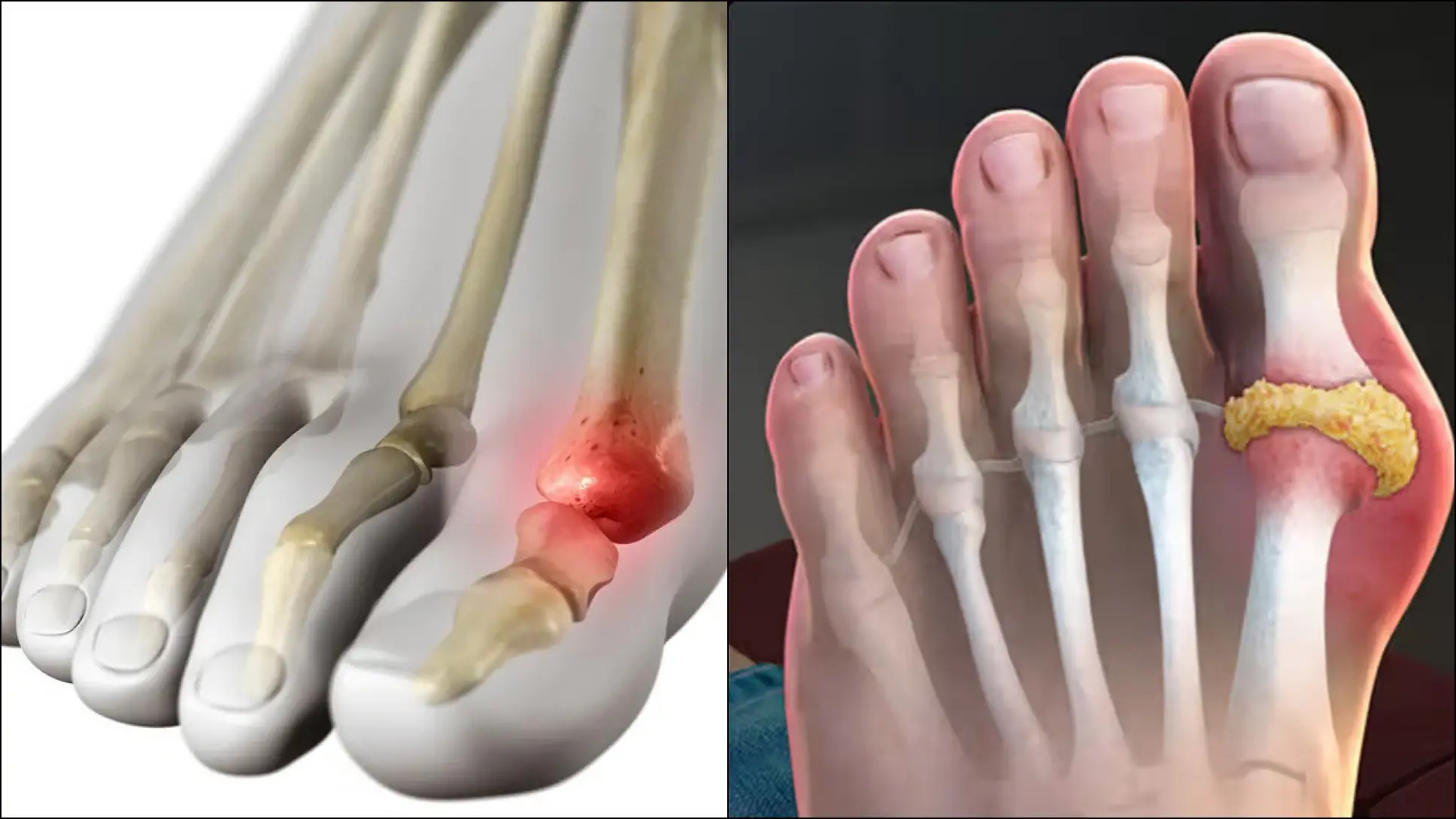
HOW TO QUICKLY REMOVE URIC ACID CRYSTALLIZATION FROM YOUR BODY TO PREVENT GOUT AND JOINT PAIN

When to Worry About Veins That Appear Out of Nowhere
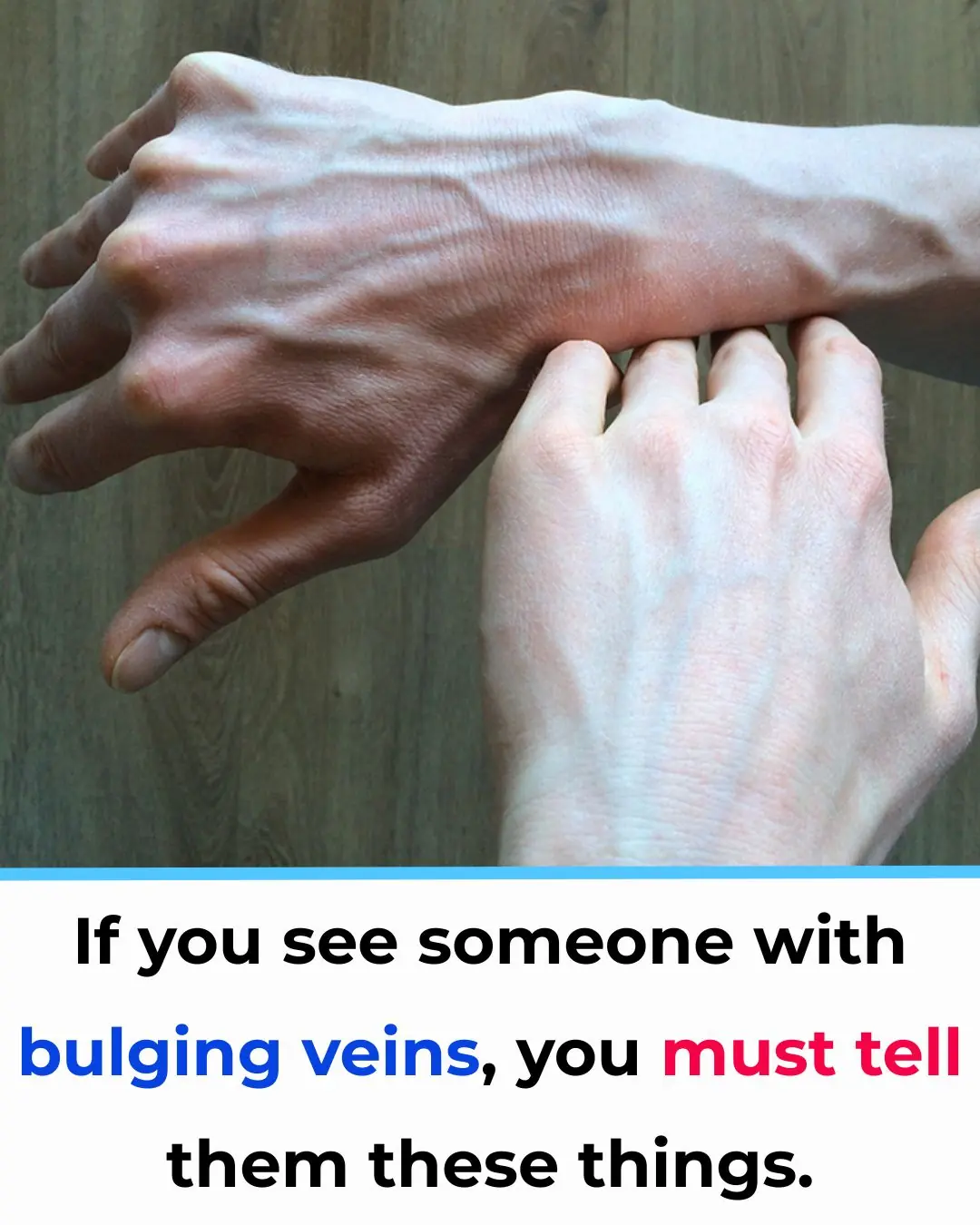
If You See Someone With Prominent Blue Veins, You Definitely Need to Tell Them This—It Could Save Their Life
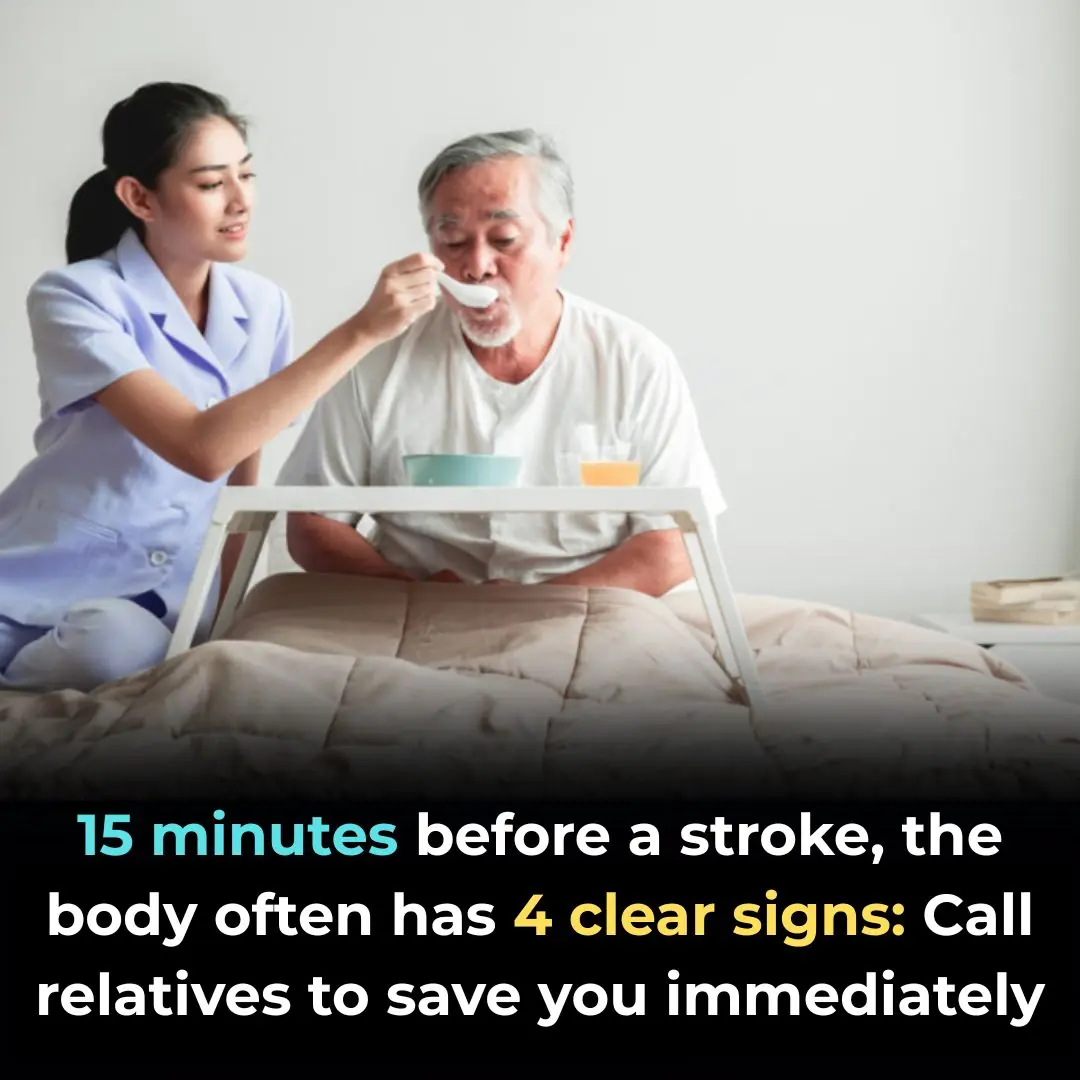
4 Clear Signs That Appear 15 Minutes Before a Stroke: Call for Immediate Help

Alarming Study Links Eating Ramen Often to Early Death

3 Ways to Stop Acid Reflux Naturally

Don’t go to sleep without taking this — 1 cup before bed clears excess sugar
News Post

Growing Wildflowers: A Mother’s Journey Through the Chaos

The Baby in Princess Diana’s Arms

A Lifetime in Bloom: Lois Shows Us What Passion Truly Grows

Farewell to a Giant Soul: Vatsala the Elephant Passes at 100

Keeping the Monsters Away: The Quiet Heroism of Foster Parents

From Sidewalk to Forever: A Daughter’s Choice That Changed Everything

A Thirst for Life: Cyclists Halt Ride to Save Parched Koala in Australia’s Heatwave

An Actor’s Greatest Role: Morgan Freeman Becomes a Guardian of Strays

When a Celebration Became a Goodbye: A Daughter’s Farewell to Her Faithful Companion

Bella the Hero: How a Pit Bull’s Loyalty Saved a Life

No Matter How Dirty You Are, Absolutely AVOID These 7 “Dangerous Hours” When Washing Your Hair to Prevent Stroke, Sudden Illness, or Hospitalization Without Warning

3 Common Mistakes When Using Plastic Wrap That Can Cause Cancer and Are Often Made by Many People

A Kiss from Joy: The Language of Love Between Elephants and Humans

What Do Vertical Nail Ridges Mean After 40

A Brave Fight for Life: Kuba’s Battle Against Ewing’s Sarcoma

Avocado Seeds Benefits: 7 Reasons to use them

9 Signs You’re Actually Going Through Menopause (Even If You Didn’t Realize It)

Morning Detox Elixir: Olive Oil, Lemon & Ginger – The Natural Cleanse You Need Daily

Nine Children in Dawsonville Get the Gift of a Bed, Comfort, and Peaceful Sleep
